

ELLIS Programs
ELLIS Programs bring together academics at regular meetings throughout Europe to promote free exchange of ideas and help create a European community of top AI researchers to retain and attract talent. Together, they stand up for European interests and generate high international visibility.
Discover the ELLIS Programs

We drive cutting-edge AI/ML research to revolutionize biomedicine and healthcare. By tackling critical challenges, we shape the future of AI-driven health...

This program focuses on central questions for closing the real-world gap for intelligent systems: How should the robot move? How to act? How to interact? How can...
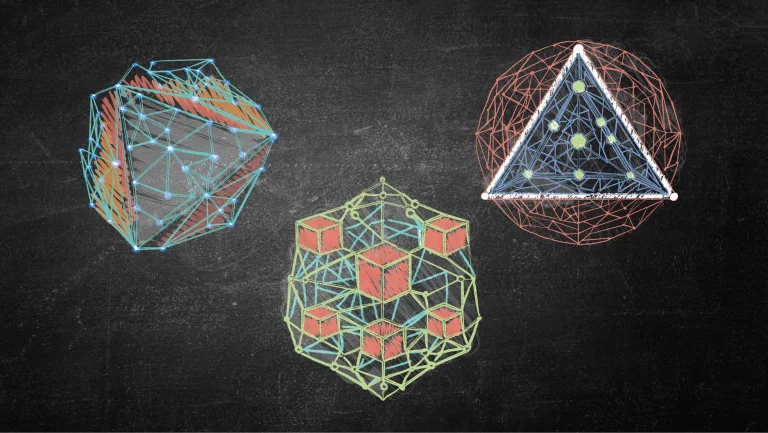
Our mission is to establish geometric principles, such as structure, symmetry, and invariance, as a foundational language for deep learning. This approach provides...
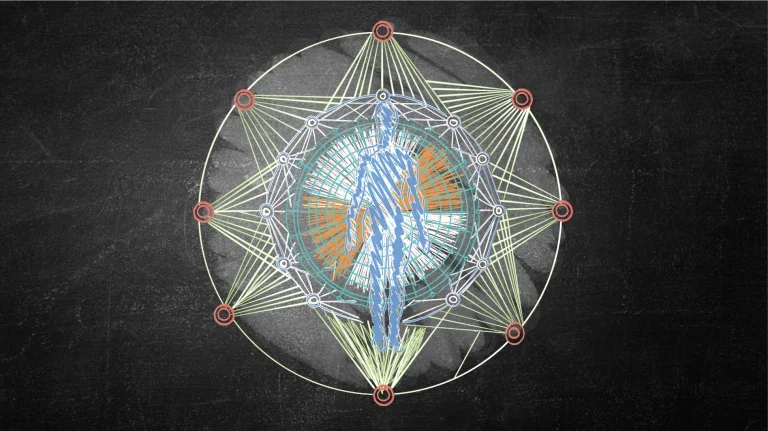
Help to ensure widespread benefits to, and acceptance from, the public by guaranteeing:
- Transparency, clear accountability, interpretability and fairness of...
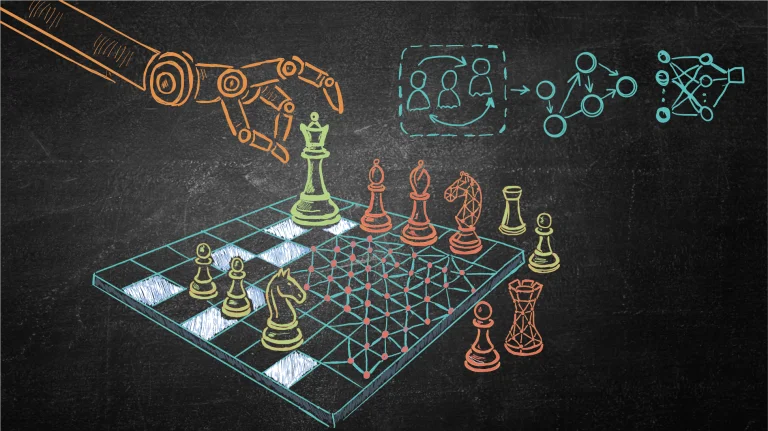
We rethink the principles of interactive models of learning, exploring the role of causal modelling in bridging the gap between observational and interventional...

The members of the ELLIS program ‘Learning for Graphics and Vision’ see a big opportunity to integrate classical computer graphics, geometry processing and 3D...
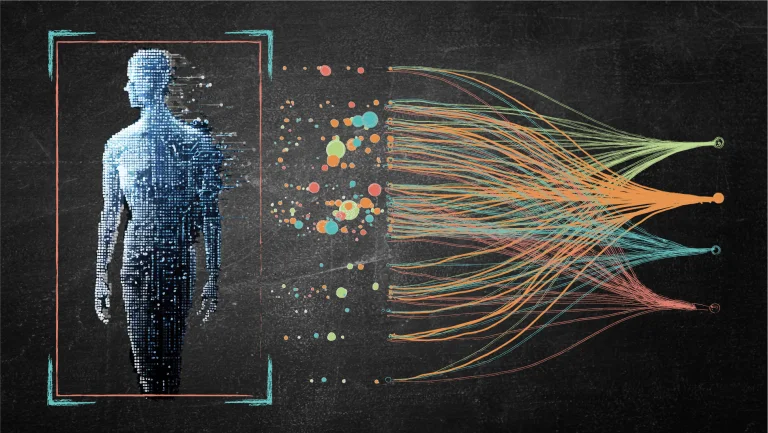
To provide a forum for meaningful scientific interactions between leading European Computer Vision researchers.
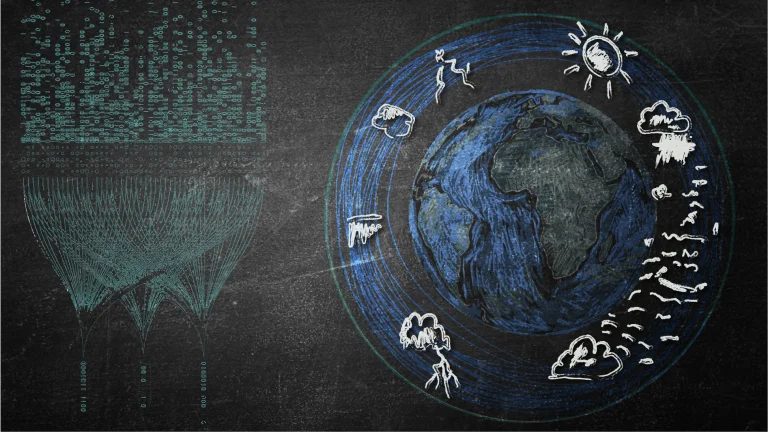
Goal: Model and understand the Earth system with Machine Learning and Process Understanding
- Spatio-temporal anomaly and extreme events detection,...

To accelerate molecular discovery using machine learning and AI, with the goal of tackling global challenges like disease and climate change and promoting...
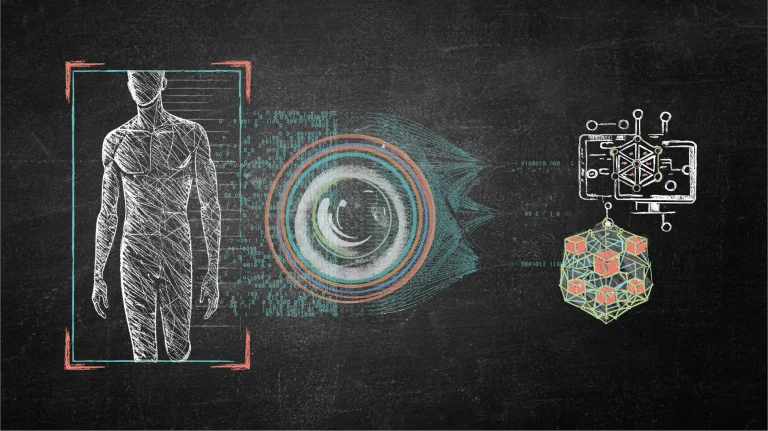
The goal of this program is to provide a venue to disseminate, discuss, and synthesize the latest developments in the area of multimodal learning systems including...

To advance the science of natural intelligence by investigating how an evolving brain learns across tasks and domains. Our program shifts focus from task-centric...
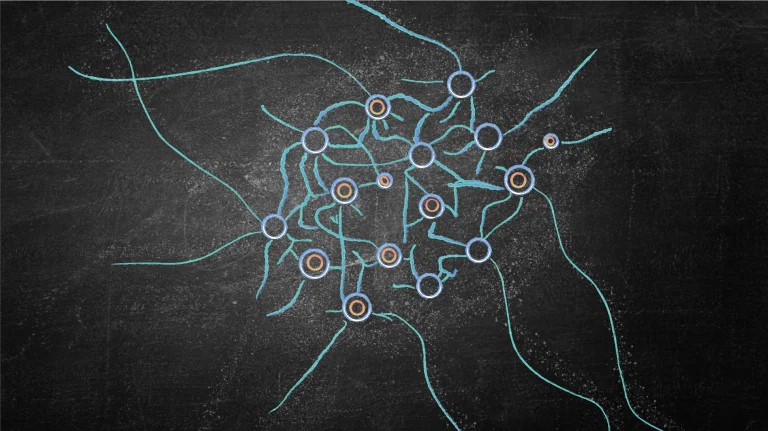
Natural language processing (NLP) and Large Language Models (LLMs) are transforming the way humans communicate with each other and with machines, with numerous...

The aim of the ELLIS Program Quantum and Physics based machine learning (QPhML) is to use concepts from quantum physics and statistical physics to develop novel...
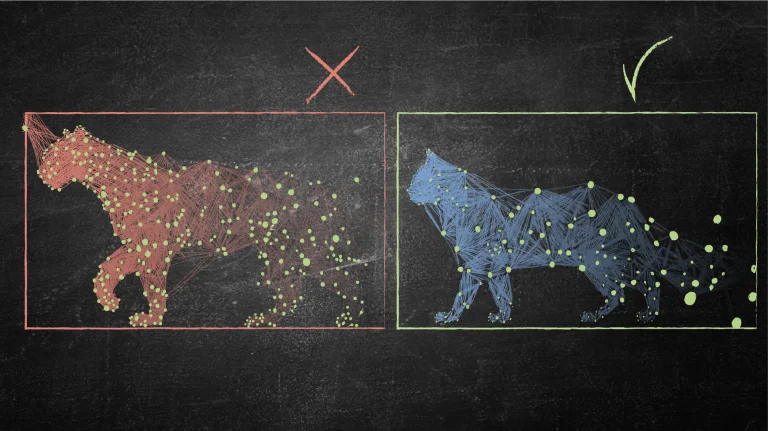
Focus of the program:
- Principles and methods for Robust ML
- Quantification and verification of Robust ML
- Applications in health,...
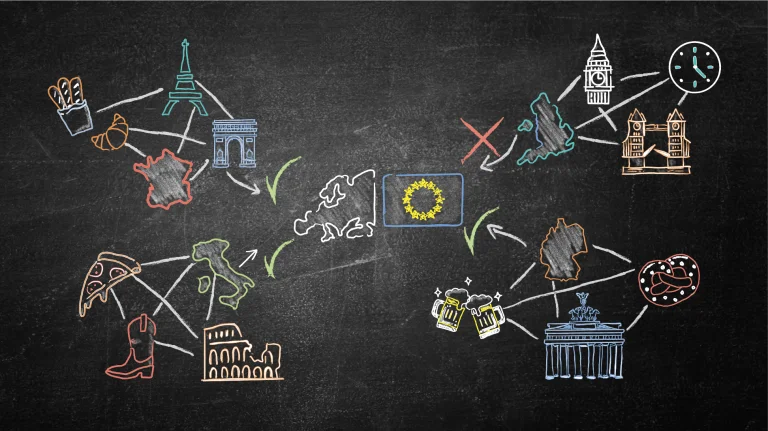
This program concerns machine learning (ML) approaches which operate at the human abstraction level, where the world is described by entities, concepts, and their...
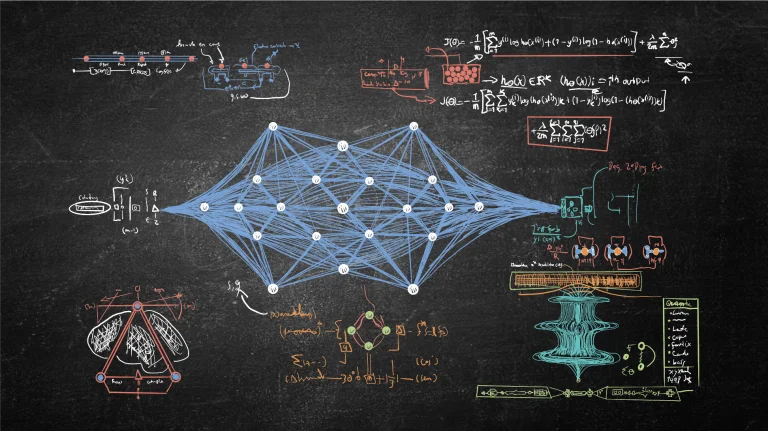
The rapid development of machine learning and AI has left a widening gap between empirical performance and theoretical understanding. The program brings together...
"If you're passionate about pushing the boundaries of AI research in a specific area and want to be part of the dynamic and collaborative European ecosystem, an ELLIS Program is the place to be. It’s a great way to make meaningful connections and amplify your work across the European research scene."

Co-Director, ELLIS Program Machine Learning for Molecule Discovery
While there is currently no call for new Programs, check out the requirements and evaluation criteria for ELLIS Programs.

